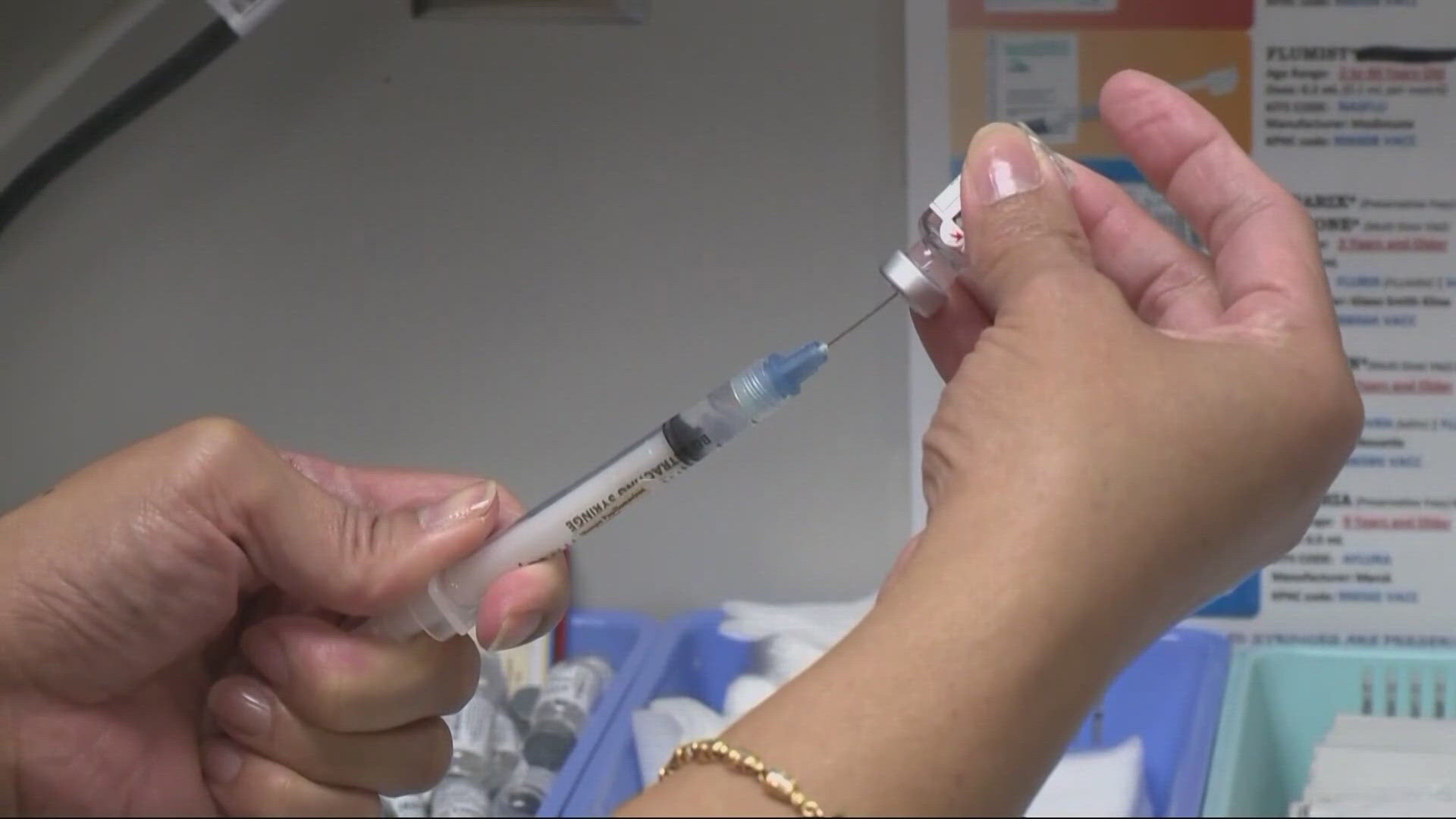PORTLAND, Ore. — Oregon Gov. Kate Brown’s mid-March order shuttering the state’s public schools also applies to publicly funded online academies, state education officials said.
The order came down earlier this week during a meeting of the state’s superintendents, based on the governor’s March 17 executive order to extend her original closure mandate until April 28.
Although much of Brown’s announcement that day focused on the need to stem the spread of coronavirus by restricting access to school buildings, the governor did not specifically say her order applied to online charter schools, which already serve children without gathering them or their teachers in large groups.
Willamette Week first reported on the superintendents meeting.
The Oregon Department of Education’s interpretation means that more than 8,000 students who could keep learning online without fear of contracting coronavirus or spreading it to their teachers or principals have to stop proceeding through the curriculum as planned.
Agency spokesman Marc Siegel said virtual schools can continue operating as-is “if certain requirements are met.” The department expects to roll out that criteria next week.
“The COVID 19 crisis may have different impacts on different schools,” Siegel told The Oregonian/OregonLive. “It could impact staffing or other factors. It’s hard to predict. But the student experience may not change much for students in some schools.”
Affected schools may include Oregon Connections Academy, which enrolls 3,800 students; Baker Web Academy, with 2,000, and Oregon Virtual Academy, with 1,900.
A presentation obtained by the alternative weekly shows state officials worried that, with brick-and-mortar schools shuttered, families would to flock to the free online academies if the online schools were allowed to continue operating.
The schools provide free books and other learning materials to their online students and, if families need it, also loan them computers and provide wifi.
Under Oregon law, families have the right to enroll their children at any charter school that accepts them. Funding follows the student.
Online academies are now barred from enrolling new students, however, according to the presentation. And among the reasons why is state officials’ fear that families will drop out of their neighborhood schools in favor of an online option, which would decrease funding for public brick-and-mortar schools across the state.
Officials at the state and local levels have said they simply lack the infrastructure to adopt an online learning strategy that can serve all of their students equally, in particular children with disabilities and for whom English is a second language.
Another obstacle for most districts is that not all of their students have home access to computers, tablets or the internet.
Portland Public Schools late last week rolled out a form for families to “borrow” from its stock of 45,000 devices late last week.
But the district, like many others across the state, doesn’t have a formal online curriculum for its teachers, many of whom, Superintendent Guadalupe Guerrero told The Oregonian/OregonLive in mid-March, aren’t trained in conducting classes from afar.
“We’re about 10 years behind everyone else,” he said.
Instead, the online portal the Portland district has launched contains supplemental material that isn’t meant to be graded or advance students along the learning tracks they began at the outset of this school year.
According to the presentation from the state superintendents’ meeting, it appears online schools will be directed to do the same.
“One method of compliance is to coordinate with their sponsor district, or other districts, to support the efforts of the district to meet the requirements of the executive order,” presentation slides say. “This may include supporting the delivery of supplemental education and learning supports, school meals and the provision of child care.”
--Eder Campuzano | 503-221-4344 | @edercampuzano
This article was originally published by The Oregonian/Oregonlive, one of more than a dozen news organizations throughout the state sharing their coverage of the novel coronavirus outbreak to help inform Oregonians about this evolving health issue.



